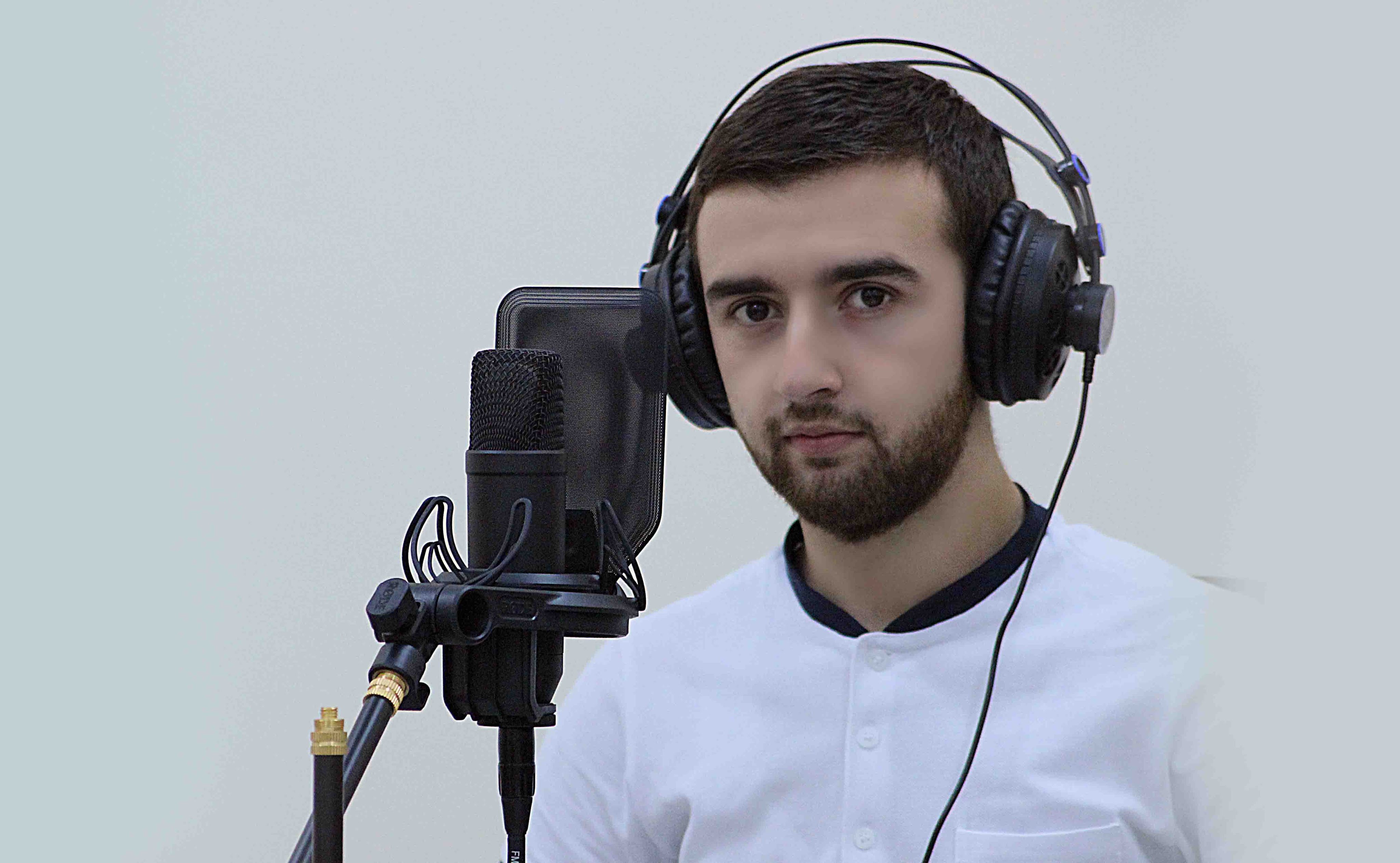

After that, I hid, all night long in a closet and then again for the entire next day. And while I focused on how this group of people expressed their identities through symbolic ethnicity-like language and the Armenian Church, for example-what moved me the most was much of the material I didn’t include in the final product: the stories of abrupt and horrific violence, the heart-wrenching and shocking tales of neighbors turning against neighbors, incredible loss, struggle, survival, and subsequent rebirth.Īfter some silence the woman suddenly surprised me by continuing. I set out to explore the way people relate to others within their own ethnic group and their sense of belonging to that group. Through my interviews I tried to figure out how conflict-induced displacement had impacted the cultural identity of some of Baku’s Armenians, now members of the Armenian Diaspora. Setting out on an equally trying road of finding people to interview, I spent weeks searching, traveling up and down the East Coast to interview those who were forced from a place that their families had called home for generations.

I did so by focusing on the Nagorno Karabagh conflict, specifically the pogroms of Baku, and the Armenians who fled Azerbaijan because of them. The quest to complete the thesis was bumpy, to say the least I switched topics at least three times over the course of several months before settling on one that continues to fascinate me-the human face of violence and war. This woman was one of the many displaced Armenians from Baku who I interviewed for my master’s thesis. Then, in some twisted final act, the Azerbaijani men combined their might to hurl her large wooden bureau out of the window so that it landed on top of her. And it was where one night a group of angry Azerbaijanis broke down her neighbor’s door, grabbed her by the arms, and threw her from the window, four stories to her death on the concrete below. It was the same building where she and her husband spent years remodeling the floors, the bathroom, and the kitchen to make it truly comfortable. It was where, in the courtyard, the resident families would hold cookouts during warm summer evenings, where their children would play together, and where they would share meals during the holidays. They had lived in the same apartment building for years.

The woman had stopped herself midsentence, choking up while recounting the story of her neighbor in Baku. Please tell her I didn’t mean to make her uncomfortable. Her hands in her lap, she remained motionless. A stiff smile crossed her face for a second, revealing a trace of relief. I wanted to reach across the table and place my hand on her arm, to offer a reassuring touch. Please tell her she doesn’t have to continue if she doesn’t feel comfortable. I saw there were tears running down her face. Oh, I said, startled as I looked up from my notebook. Tilting her chin downward she closed her eyes and shook her head slightly. We must recognize that the solution of our problems, including Nagorno-Karabakh, lies through Azerbaijan’s democratization.The woman sitting across from me stopped speaking. He continues: “If we do not want to be more ashamed of the place of our country on the map of the world, then it is time to catch up with our neighbors in Georgia and Armenia which have gone far ahead in the democratization of their countries.

“If we want to have an Azerbaijan where there will not be any political prisoners, Yunus says, “it is necessary to continue pressure on the regime of the Aliyevs and Pashayevs and therefore, I call on everyone to support the next all-national meeting now set for January 26,” this Saturday. He suggests that this has happened because of the mass meeting which took place in Baku last Saturday at which participants demanded the release of Mekhman and other political prisoners ( /2019/01/azerbaijani-rights-activists-hope-baku.html). Ramis Yunus, a former Azerbaijani parliamentarian from the Musavat Party who now lives in the US, says on Facebook that Aliyev’s announcement indicates that “the regime in Baku for the first time in many years is seriously focusing on the angry voices of its citizens” about the treatment of opposition figures ( /ramis.yunus/posts/2677331522307837).


 0 kommentar(er)
0 kommentar(er)
